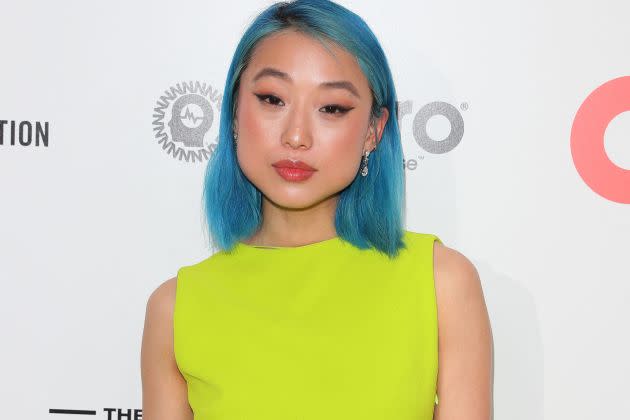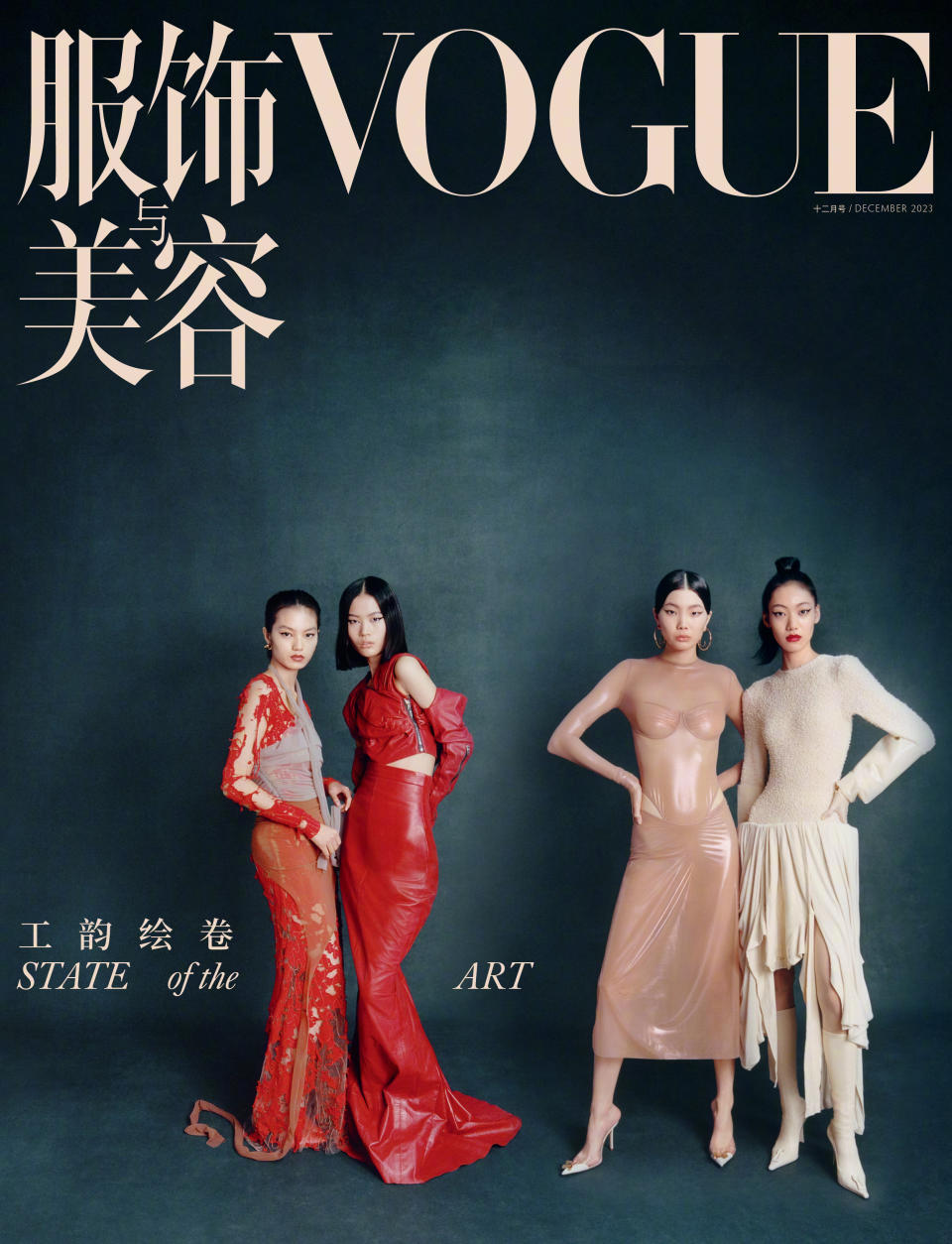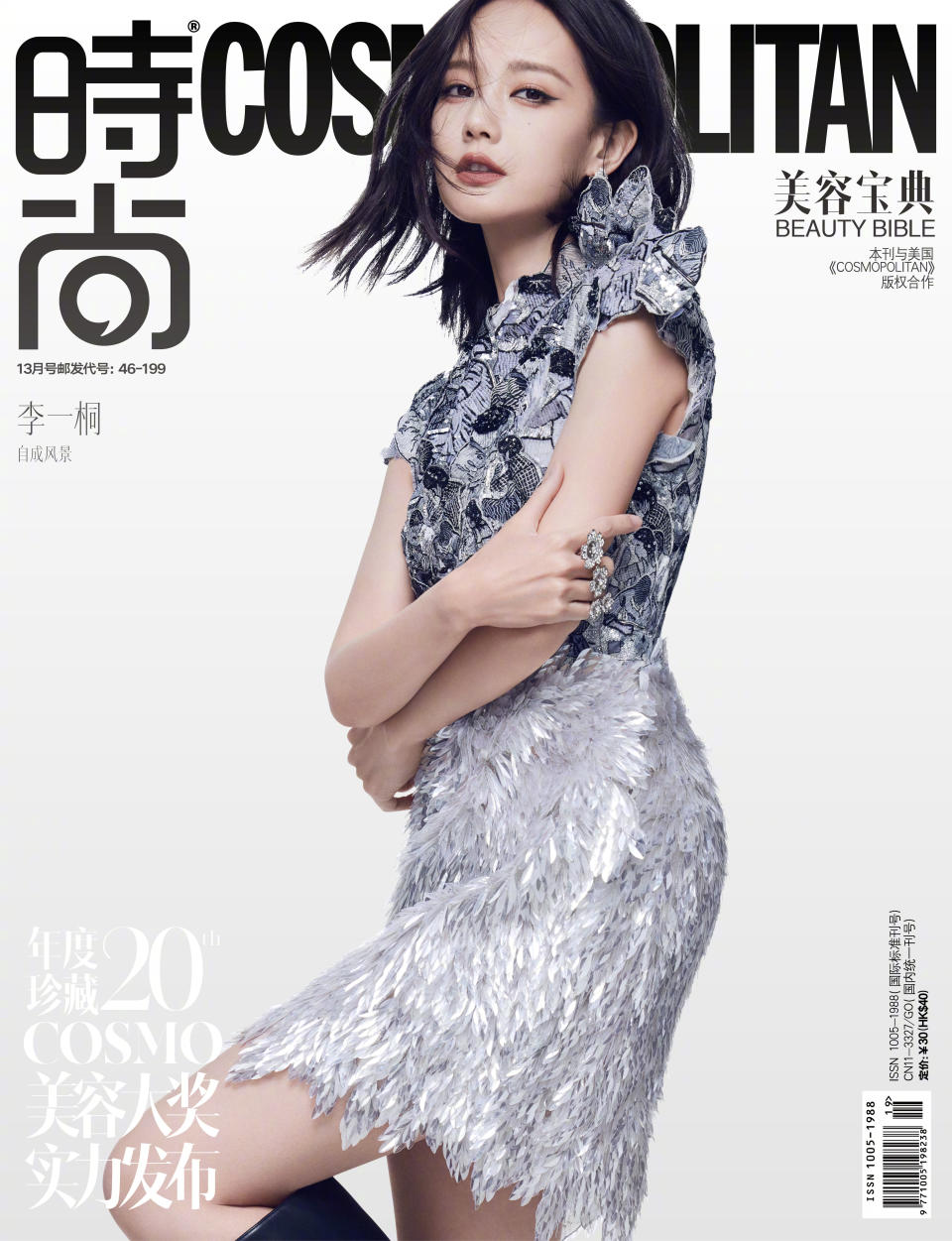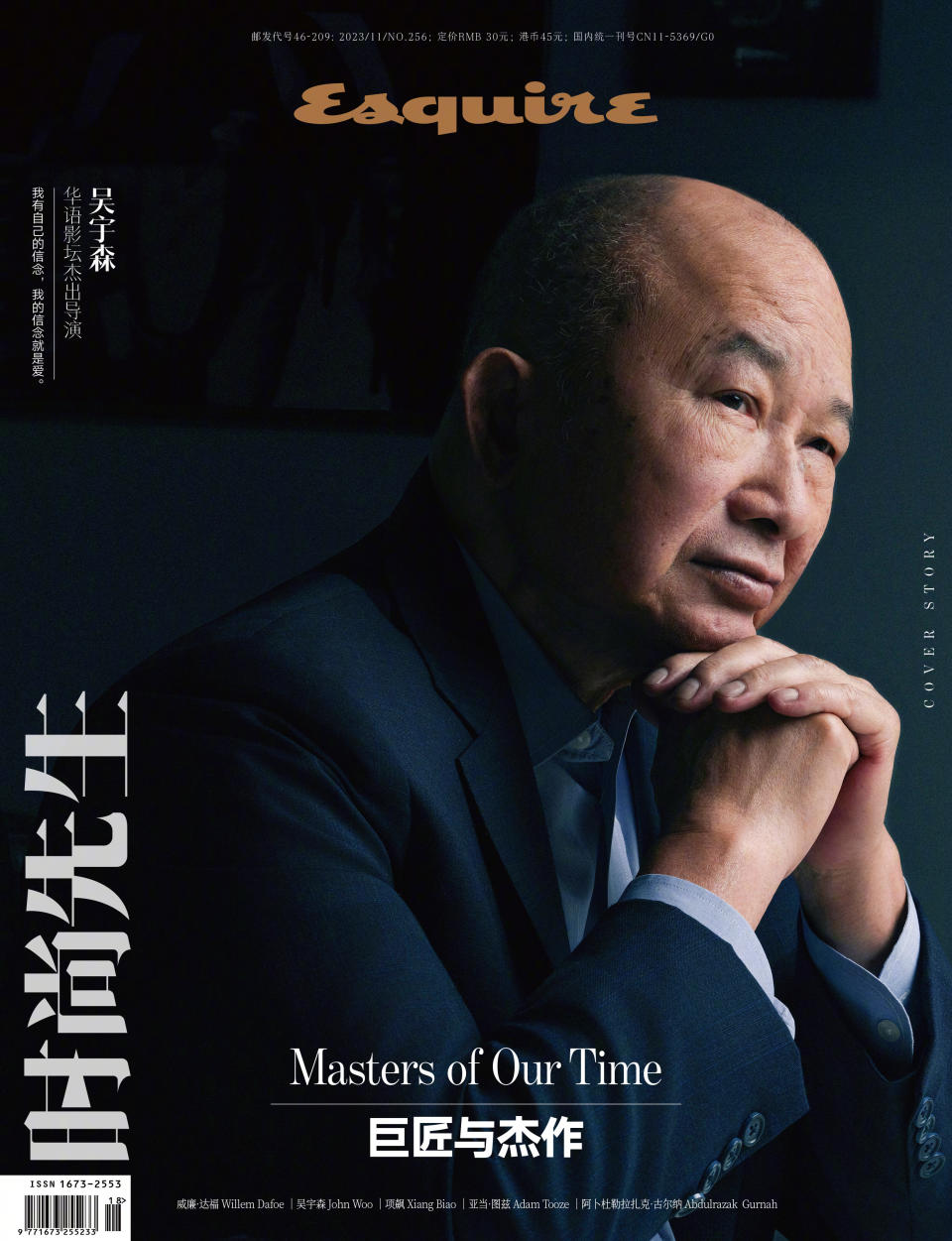Reshuffle in Sight for Chinese Fashion Publishing
- Oops!Something went wrong.Please try again later.

SHANGHAI — Change is in sight for the fashion publishing business in China.
Condé Nast on Wednesday shot down speculation about whether Vogue China’s editorial director Margaret Zhang will leave the publication after her contract expires next March.
More from WWD
A recent listing on the Chinese hiring platform Liepin, which quickly began to circulate on the social media platform Xiaohongshu, showed that Vogue China is hiring a deputy editor.
Responsibilities of the position include “assisting the editor in chief in overseeing the editorial team,” supporting marketing and sales initiatives and overseeing branded special projects.
“As the deputy editor at Vogue China, you will be the driving force behind the magazine’s features content, working closely with a talented team of journalists and editors,” wrote the job description.
“In this pivotal role within our senior leadership team, you will not only shape the voice and tone of our features but also play a crucial part in advancing Vogue’s global cultural initiatives,” the post continued.
The deputy editor position at Vogue China, which essentially oversees the day-to-day operations of the magazine, is not dissimilar to the role of head of editorial content, which has been given to the heads of all other directly operated international editions of Vogue under the singular vision of Anna Wintour, Condé Nast global chief content officer and Vogue editor in chief.

Wintour has solidified her dominance over the company’s editorial operations over the last few years. Most recently, Chioma Nnadi was named British Vogue’s head of editorial content, taking over responsibilities from current editor in chief Edward Enninful, who will be taking on the new position of global creative and cultural adviser at Vogue and will also become an editorial adviser at British Vogue.
Vogue China is the last remaining international Vogue edition operated directly under Condé Nast to have an editor in chief title besides Wintour herself. However, in the title’s masthead, the Australian-Chinese Zhang is listed as editorial director. In China, the role of editor in chief at Vogue China by law is reserved for the magazine’s local publishing partner, China Pictorial.
According to multiple industry sources, Zhang’s contract will expire next spring.
Zhang’s tenure at Vogue China has been controversial. She was publicly called out by Huasheng Media founder Chuxuan Feng on Weibo for being disrespectful to the Chinese market, and her business skills have been questioned on social media as several covers have gone unsponsored under her watch.
According to industry insiders, a Vogue China cover, while in theory not for sale, can fetch at least a 3 million renminbi, or $428,000, in sponsorship from top luxury brands. Having no one paying for a cover is extremely uncommon in the highly commercialized Chinese fashion magazine business.
In a statement sent to WWD, Condé Nast confirmed the hiring of a deputy editor, who will report to Zhang, and said the move “underscores the company’s commitment to the title and to Zhang.”
That said, Condé Nast was unable to confirm whether the deputy editor would later become head of editorial content at Vogue China, a move that has happened across all other directly operated international editions.
Apart from the hiring plan, Vogue China is preparing for the inaugural China edition of the Vogue Forces of Fashion conference. Wintour is visiting the country for the first time in more than 10 years and will be in Shanghai on Thursday to host the event.
The lineup for the event includes executives and designers at brands like Vivienne Westwood, Salvatore Ferragamo, Courrèges, Jason Wu and Proenza Schouler.

Vogue China isn’t the only publication that got people talking this week. On Wednesday, Hearst Magazines announced it had terminated its license agreement for Cosmopolitan and Esquire in China, effective immediately.
In a statement sent to WWD, the legacy media company said “We are currently discussing the relaunch of these brands with interested parties in this important market.”
The Chinese edition of Esquire was founded in 1996, under a license agreement with Trends Group, a Beijing-based media company that started in 1993 as Trends Magazine, the first local fashion publication founded by two former travel reporters, Liu Jiang and Wu Hong.
In 1998, Trends signed a license agreement for Cosmopolitan to launch the title in China, where media titles are only allowed to be operated by Chinese companies.

In China, foreign titles must obtain a publishing permit to legally publish content in China. Both Esquire and Cosmopolitan’s permits are issued by the Ministry of Culture and Tourism.
Apart from the Trends Group partnership, Hearst Magazines China was formed in 2011 after the acquisition of Hachette China. The Shanghai-based company operates titles such as Elle China, Super Elle, Elle Men and Elle Décor.
In 1997, Trends Group set up the advertising firm Beijing Shi Zhi Shang Advertising Co. to manage the commercial side of the magazine business, with Trends Group, Beijing Meng Si Tong Consulting Service Ltd., Hearst, and IDG as major shareholders.
According to Chinese corporate data provider Tianyancha, Hearst holds a 20 percent stake in Shi Zhi Shang.
In the 2010s, Trends Group grew to become one of the largest fashion publications in China with 17 titles — including Harper’s Bazaar and Men’s Health — under its belt, according to local media reports at the time.
After Liu’s sudden death in 2019, shareholders wrestled for control of the media empire. In 2022, Trends Magazines Co. Ltd, a business entity that owns five titles including Cosmopolitan and Esquire, declared its independence as a “wholly state-owned enterprise” and withdrew advertising rights from Shi Zhi Shang.
In an internal letter that Trends Magazines distributed to employees, which was widely circulated online, Shi Zhi Shang is accused of “not paying a substantial amount of the advertising income to Trends Magazines for many years.”
Soon after, Shi Zhi Shang struck back with a public announcement that said the company still held exclusive advertising rights for Cosmopolitan and Esquire.
But it was unveiled in a notice issued by Shi Zhi Shang Wednesday that the company stopped operating Cosmopolitan and Esquire’s ”main brand business” in July 2022.
According to industry sources, Shi Zhi Shang still holds the licensing rights to magazines such as V Magazine, which launched its Chinese edition this March, and Harper’s Bazaar, which launched its Chinese edition in 2001.
At the time of publishing, members of both Cosmopolitan and Esquire’s editorial teams confirmed to WWD that the high-level changes have yet to affect daily operations.
Best of WWD

